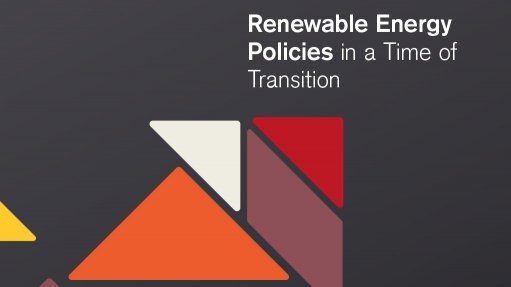
Spurred by innovation, increased competition, and policy support in a growing number of countries, renewable energy technologies have achieved massive technological advances and sharp cost reductions. Renewables have come to the forefront of the global energy transition, with nearly every country adopting a renewable energy target.
Yet progress has been uneven in different countries and sectors. Technology and financial risks still hamper the expansion of renewables into new markets. As the power sector develops further, the increased adoption of variable renewables like solar and wind requires more flexible systems. Compared to power generation, the regulatory framework for end-use sectors lags behind.
This report, prepared jointly by the International Renewable Energy Agency (IRENA), the International Energy Agency (IEA) and the Renewable Energy Policy Network for the 21st Century (REN21), identifies key barriers and highlights policy options to boost renewable energy deployment.
After reviewing current policies and targets worldwide, it examines sector-specific policies for heating and cooling, transport and power, as well as measures for integrating variable renewables. An updated policy classification and terminology list can serve as a global reference for renewable energy policy instruments.
Among the key findings:
- Renewable energy policies must focus on end-use sectors, not just power generation;
- The use of renewables for heating and cooling requires greater policy attention, including dedicated targets, technology mandates, financial incentives, generation-based incentives, and carbon or energy taxes;
- Policies in the transport sector require further development, including integrated policies to decarbonise energy carriers and fuels, vehicles and infrastructure;
- Policies in the power sector must also evolve further to address new challenges.
- Measures are needed to support the integration of variable renewable energy, taking into account the specific characteristics of solar and wind power
- Achieving the energy transition requires holistic policies that consider factors beyond the energy sector itself.
The report provides a comprehensive overview of policy measures available to address such challenges.
Report by Irena